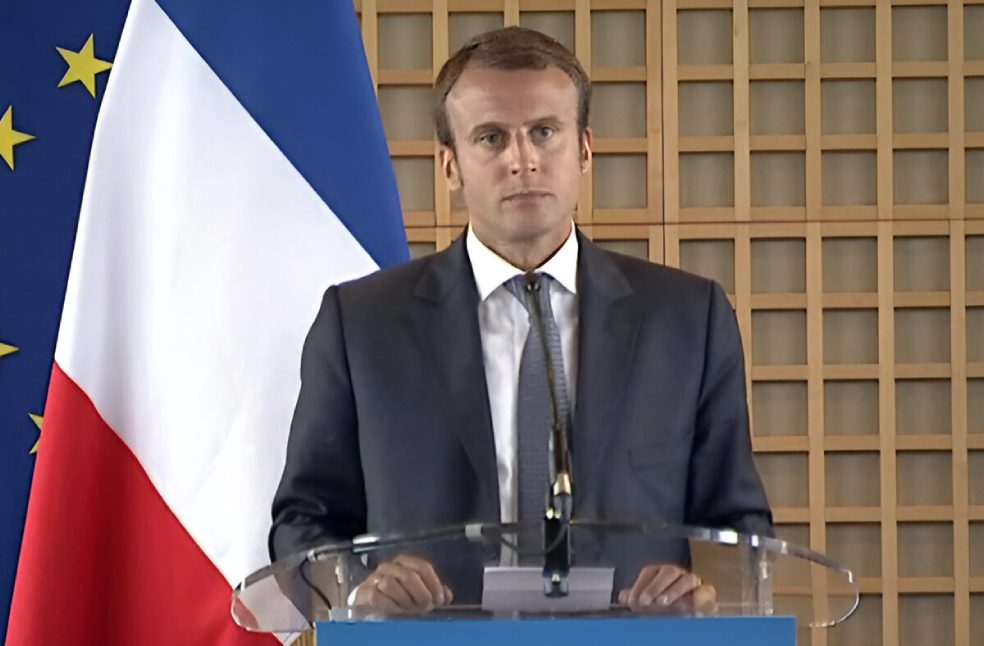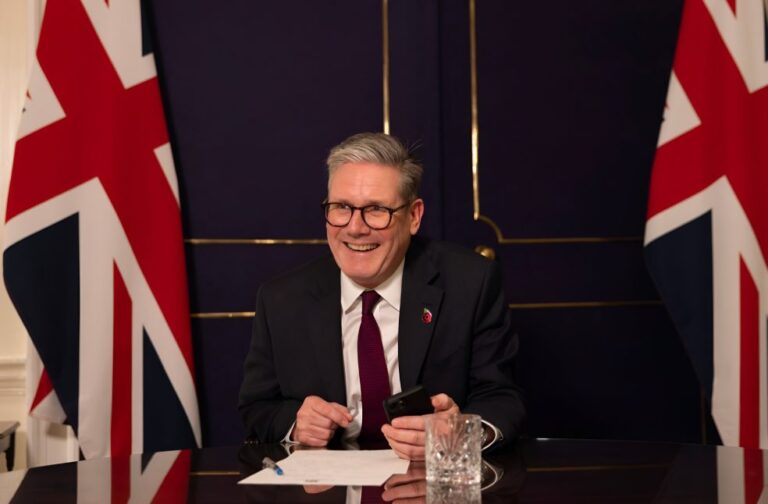Paris: European leaders are set to gather for an emergency summit on the war in Ukraine, with growing concerns that the United States is moving forward with Russia on peace talks that could leave Europe sidelined.
UK Prime Minister Sir Keir Starmer, who is expected to attend the summit in Paris, called it a “once-in-a-generation moment for our national security,” highlighting that Europe must take on a greater role in NATO.
The urgency follows comments from Donald Trump’s special representative to Ukraine, Keith Kellogg, who stated that while European leaders would be conferred, they would not be directly affected in negotiations between the US and Russia to end the war.
Senior White House figures are set to meet Russian and Ukrainian negotiators in Saudi Arabia in the coming days, US officials confirmed. Kellogg defended the exclusion of European leaders, saying previous negotiations had failed due to “too many parties being involved.”

His remarks have increased concerns in Kyiv and across Europe, where memories of the failed 2015 Minsk agreements still linger. The ceasefire deal, brokered by France and Germany, desired to end fighting in Ukraine’s eastern Donbas region but ultimately collapsed.
Sir Keir is desired to use his role to bridge the gap between Europe and the US, guaranteeing a united front on Ukraine. He will also visit President Trump at the White House at the end of the month to discuss European concerns. Following this, another meeting of European leaders and Ukrainian President Volodymyr Zelensky is anticipated.
Starmer stated that, “We must work to secure the US and Europe remain aligned. We cannot allow divisions to divert us from external threats.”
At the Munich Security Conference, President Zelensky called for the formation of an “army of Europe,” amid fears that Washington’s commitment to European defence is waning. His comments followed US Vice-President JD Vance’s speech, which indicated the old transatlantic relationship was “ending.”
Zelensky made it clear that Ukraine would “never accept deals made behind our backs,” following Trump’s statement of direct peace negotiations with Russia.
Trump’s decision to reengage with Moscow has revived memories of his controversial 2018 Helsinki summit with President Vladimir Putin. His latest call with Putin broke nearly three years of diplomatic silence between the two countries.
US Secretary of State Marco Rubio has also held talks with Russia’s foreign minister, following up on Trump’s February 12 call with Putin. Representative Michael McCaul, chairman of the House Foreign Affairs Committee, confirmed that US officials will begin peace talks with Russian and Ukrainian negotiators in Saudi Arabia. McCaul noted that Zelensky has been invited to the talks, with a potential Trump-Putin-Zelensky meeting on the table.
European leaders are responding with urgency. Polish Foreign Minister Radoslaw Sikorski confirmed that French President Emmanuel Macron has called for the emergency summit, though the Élysée Palace has yet to formally announce the meeting.
Sikorski warned that Trump’s negotiating strategy is unpredictable. “He pushes, sees what happens, and adjusts accordingly. We need to respond strategically.”
Meanwhile, UK Foreign Secretary David Lammy underscored the need for increased European defence spending, warning that “Putin will not go away.” While 23 NATO countries have met the 2 percent GDP defence spending target, he called for further increases, saying Europe faces an “existential question” even if a peace deal is reached.
With shifting US priorities, European nations are now facing a critical moment in determining their security strategy—one that may no longer rely on Washington’s backing.



